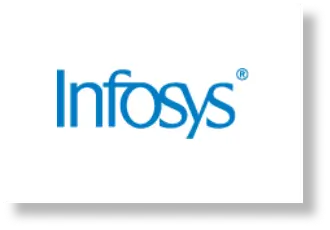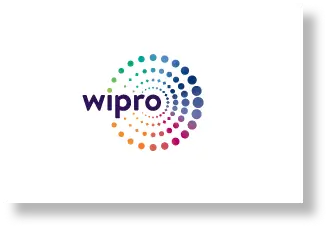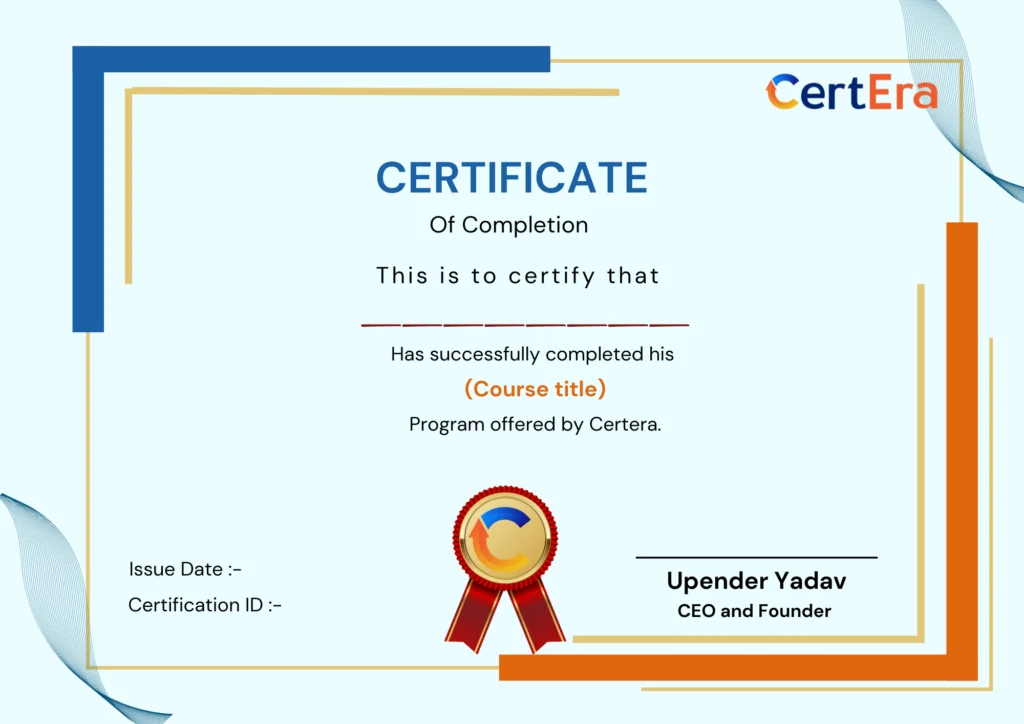Based on multiple surveys, the average DevOps Salary in the US is approximately $105,017 per annum, with more experienced engineers drawing around $160,000 per annum.
It improves stability and speed with software development and deployment. In turn, it can optimize the entire business. an organizational approach that enables faster development of applications and easier maintenance of existing deployments.
Some benefits of DevOps include:
- Faster, better product delivery.
- Faster issue resolution and reduced complexity.
- Greater scalability and availability.
- More stable operating environments.
- Better resource utilization.
- Greater automation.
- Greater visibility into system outcomes.
- Greater innovation.
.










